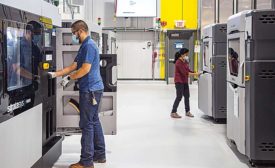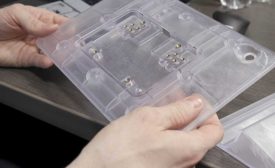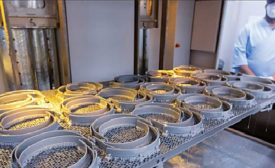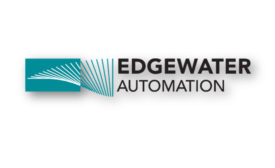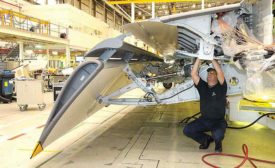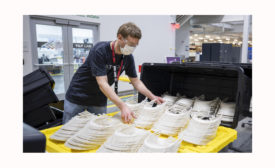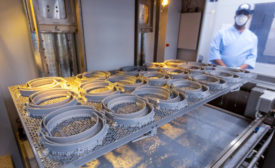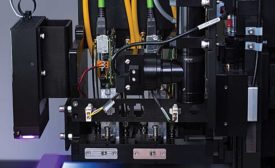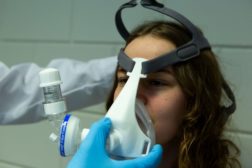Home » additive manufacturing
Articles Tagged with ''additive manufacturing''
Blockchain in the Factory of the Future
Manufacturers are challenged with securely sharing data inside and outside the factory. Blockchain could solve that problem
May 15, 2020
Never miss the latest news and trends driving the manufacturing industry
Stay in the know on the latest assembly trends.
JOIN TODAY!Copyright ©2024. All Rights Reserved BNP Media.
Design, CMS, Hosting & Web Development :: ePublishing
